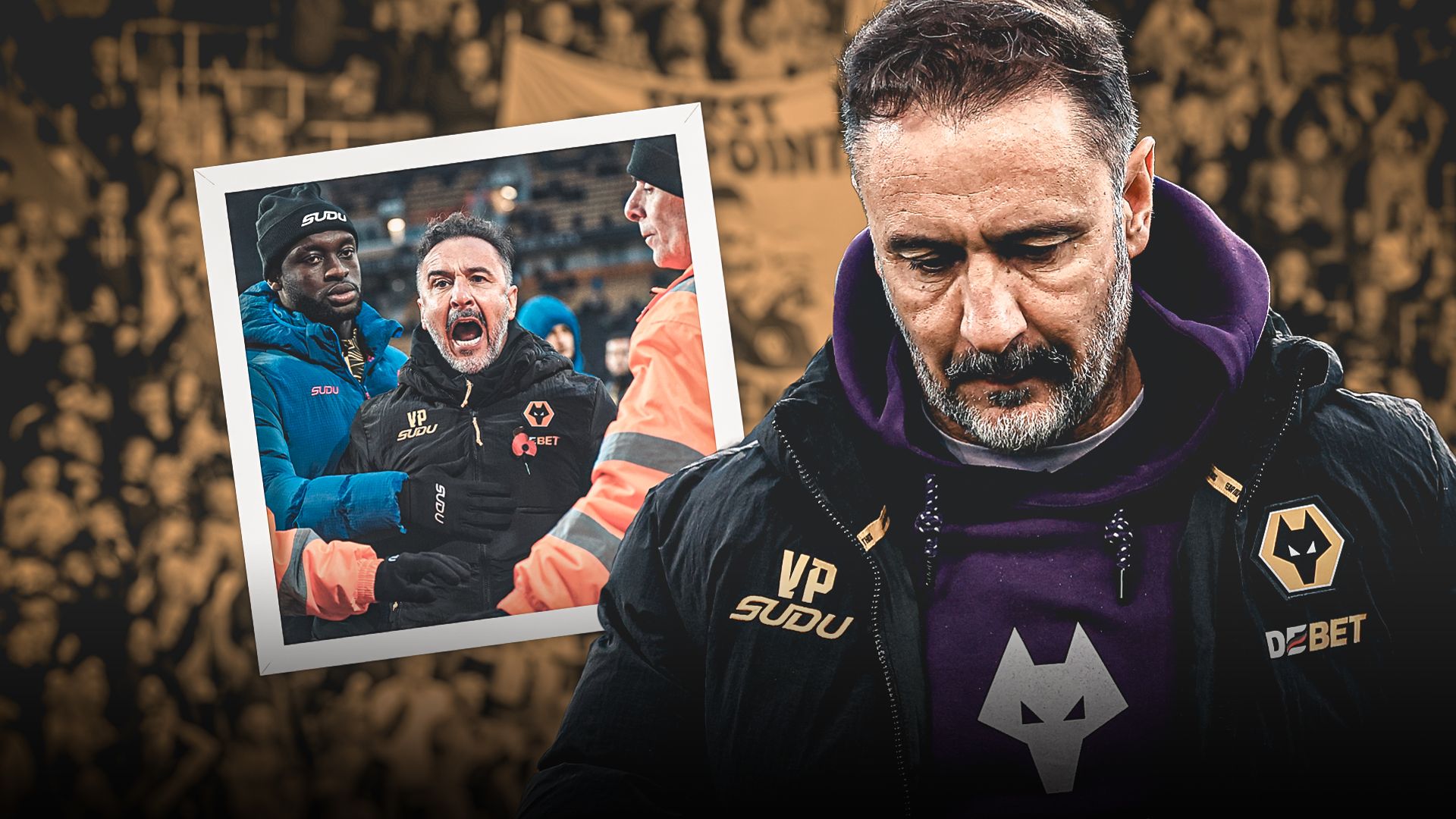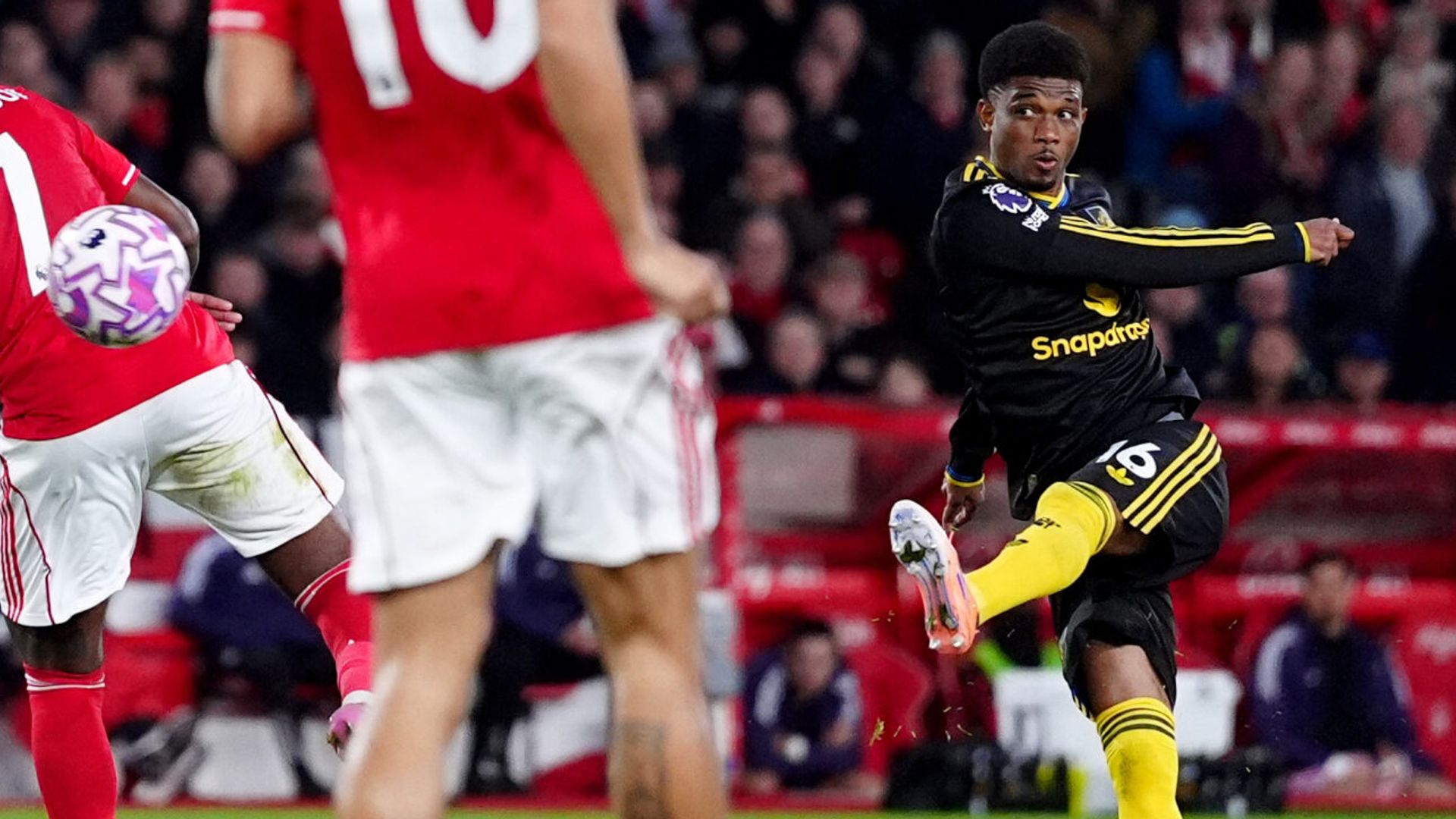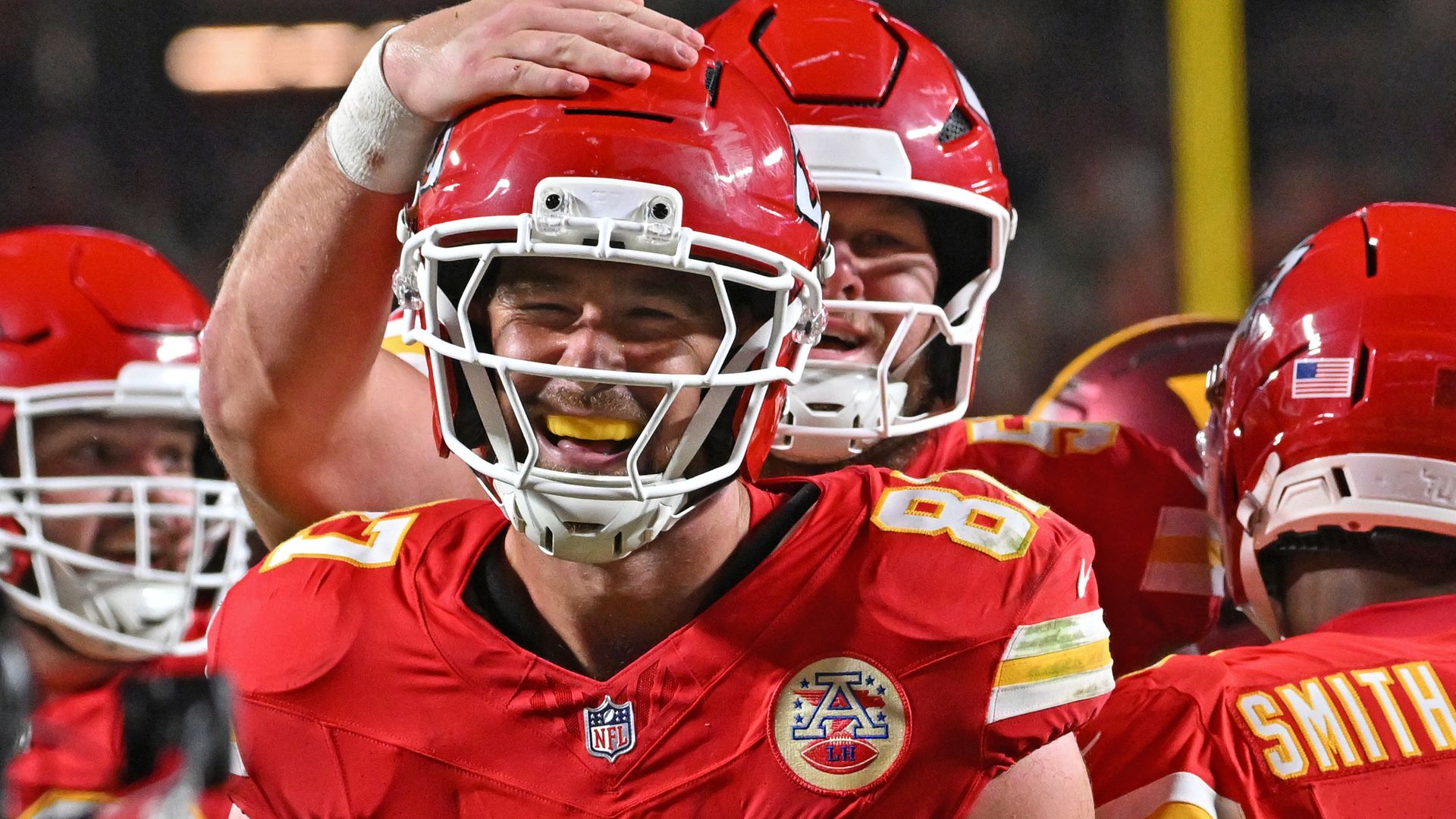Wolves’ Collapse Under Pereira: A Cautionary Tale of Leadership Failure Echoes Historical Tyrannies and Downfalls of Great Empires
The final image of Vitor Pereira as Wolves manager was one of despair, capturing a moment of profound discontent among the supporters. The away game at Craven Cottage became a symbol of a tumultuous tenure, with chants from the fans demanding his dismissal echoing around the stadium. The juxtaposition of this sentiment against applause for Brazilian midfielders Andre and Joao Gomes highlighted a stark division within the club—a microcosm of the larger battle between expectation and reality that has plagued Wolves this season.
Wolverhampton Wanderers, a club with a storied history, has experienced a series of ups and downs in recent years. Their resurgence in the Premier League following promotion in 2018 brought hope, and the club was once hailed for its shrewd recruitment and tactical acumen under then-manager Nuno Espirito Santo. However, in the wake of his departure, the team has struggled to find its identity, leading to a cycle of managerial changes that have only deepened the woes.
Pereira was appointed in June 2023, bringing a wealth of experience from various leagues around the world, including Portugal and China. His reputation as a tactician promised a new dawn for Wolves, yet it quickly became apparent that his vision for the team was not resonating with the players or the fans. The early optimism soon faded as results did not reflect the ambition that had accompanied his hiring.
During Pereira’s brief tenure, the club’s performances have been marked by inconsistency, reminiscent of leadership crises seen throughout history—cases where the disconnect between leadership and those being led leads to catastrophic outcomes. Fans who once celebrated the flair and resilience of Wolves are now left disheartened, witnessing a team that struggles to maintain composure on the pitch, often appearing disorganized and devoid of confidence.
Supporters took their frustrations to Craven Cottage, where the atmosphere turned electric with dissent. The crooning chants for Pereira’s sacking were a poignant reminder of the power dynamics within football; they were not merely calling for a managerial change, but voicing a deeper discontent with how the club was being run. This dissent is strikingly similar to grassroots movements in the face of governmental failures, where the populace demands accountability from those in power.
The applause for Andre and Joao Gomes, while their manager faced the fury of the crowd, further accentuated the divisions within the team. It illustrated a disconnect not only in performance but in morale. Individual players often find themselves becoming the focal point of hope amid broader turmoil—a phenomenon also seen in political spheres, where individual leaders or figures can temporarily galvanize support during times of crisis. Yet, without cohesive leadership, such moments often prove fleeting.
The financial implications of a managerial change also loom large. Wolves, like many clubs, operate within a delicate economic framework, drawing revenues from ticket sales, merchandise, and broadcasting rights. A season marked by underperformance could threaten these streams, forcing the club to reassess its strategies. Furthermore, the potential costs associated with hiring and terminating managers, alongside the risk of relegation, could place the club in a precarious position.
In recent years, clubs have learned that stability in management can often lead to success on the field. The cycle of hiring and firing can lead to a fragmented dressing room, hampering team cohesion. The current predicament of Wolves serves as a warning; without a clear direction and a unifying figure at the helm, the club risks falling into a cycle from which it may take years to recover.
Moreover, the situation at Wolves brings to light the different styles and philosophies that managers bring to the Premier League. Pereira’s approach, which may have worked in other contexts, seems ill-fitted to the dynamics of the English game. The intensity and physicality of the Premier League require not just tactical knowledge but an understanding of the culture and expectations of English football.
As Wolves navigate this crisis, the role of the players becomes crucial. The likes of Andre and Joao Gomes must step up not only in performance but as leaders on and off the pitch. Their ability to inspire and galvanize their teammates will be paramount in turning around the club’s fortunes. The historical context of team leadership reveals that successful squads often have strong characters who can unite the group during challenging times.
The parallels between the situation at Wolves and historical leadership failures extend beyond the football pitch. They invite broader discussions about accountability, resilience, and the responsibility of those in positions of power. Just as nations and communities have witnessed the consequences of disconnected leadership throughout history, so too can clubs like Wolves find themselves at a crossroads.
The next few weeks will be critical for Wolves. The board must weigh the potential benefits of a managerial change against the prospect of a long-term strategy that prioritizes stability. In a sport where the fickle nature of form and fan sentiment can dictate the fate of a club, the decisions made by those in charge will resonate far beyond the pitch.
As the atmosphere around the club becomes charged with uncertainty, the power lies with both the supporters and the players. The chants that filled Craven Cottage resonate as a call for action, not just at the managerial level but throughout the institution of Wolverhampton Wanderers. The coming days will reveal whether the club can rally from this moment of crisis or whether it will continue to spiral into disarray.




